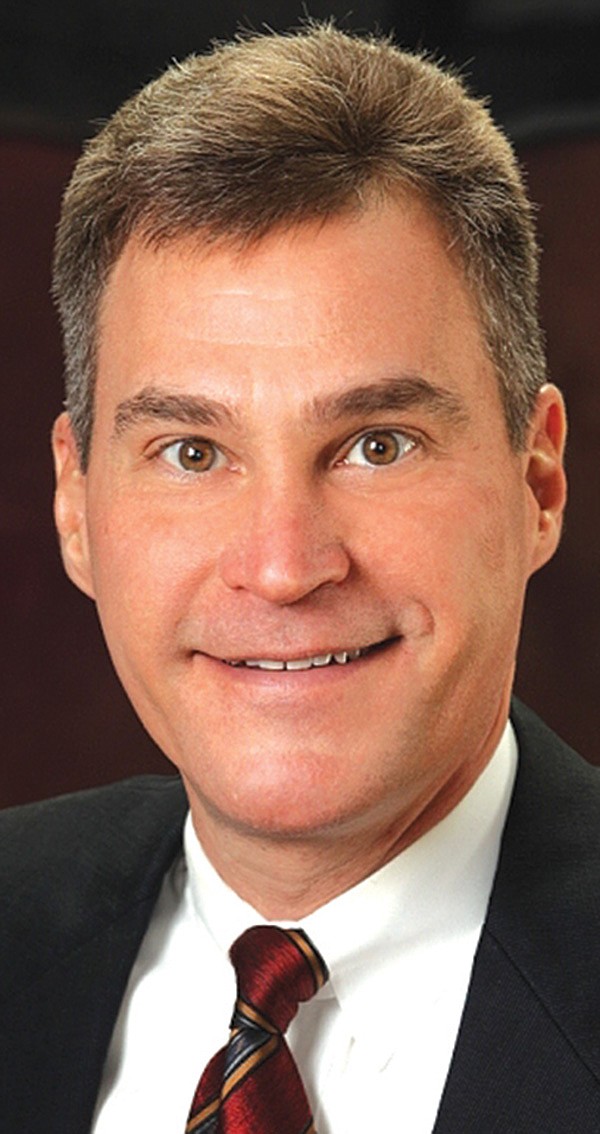Private Option At Risk, Top House Democrat Says
Wednesday, January 22, 2014
SPRINGDALE — Funding for the “private option” health care expansion would fall two votes short in the state House and a vote short in the Senate if the vote were held that day, House Minority Leader Greg Leding, D-Fayetteville, told the Senior Democrats of Northwest Arkansas on Tuesday.
“I’m still confident we can get it done,” Leding said, but the Legislature doesn’t have the votes yet. He spoke at the group’s monthly lunch meeting at Western Sizzlin’ in Springdale.
“Private option” is the state’s plan to take federal taxpayer money originally intended for the expansion of Medicaid and use it to subsidize private insurance plans instead. Paying for the measure requires a three-quarters vote in each House: 75 in the House, 27 in the Senate. The measure passed the regular legislative session last year with two votes to spare in the House and one in the Senate.
The state’s fiscal session, restricted to budget issues, begins Feb. 10. Budget approval for the plan will again require a three-quarters vote.
Unanimous support among Democratic lawmakers was required to pass the private option because the Republican majority in the Legislature was divided. Concessions to bring more Republicans on board in the fiscal session could wind up losing Democratic votes, Leding said after his remarks. “We’re willing to tweak it but if you make too many changes, not everyone on our side is going to support it,” Leding said. Asked for specifics, Leding said he wasn’t going to “start drawing lines yet. We’re going to monitor any changes.”
Fellow Fayetteville delegation member Rep. Charlie Collins, a Republican, said it’s too soon to count votes yet. A great deal has happened since the private option passed in April, both on the federal and state level.
At least 75,000 people have enrolled, and the makeup of that enrollment — age and overall medical condition of the group — are among the factors legislators need to look at before making decisions, he said. Collins supported the private option plan as an alternative to expanding Medicaid, a state-administered health care program for the poor.
“The bottom line, in my view, is that there’s a lot of work to do between now and any final decision,” Collins said.
President Barack Obama’s administration has changed rules and guidelines on the health care law since the April vote — and received criticism from both supporters and opponents in Congress. For instance, the administration announced a one-year delay of the requirement of online enrollment for small businesses.
“What are the federal Obamacare mandates today? What are our options?” Collins said.
The fiscal session is designed to concentrate on budget matters, but the private-option debate could spill over into tweaks in the law, both Leding and Collins said.
Changes could be needed to get a three-quarters budget vote. Taking up any non-fiscal bill in a fiscal session would require a three-quarters vote in each chamber. However, “if we can get a three-quarters behind a budget bill, two-thirds is not a problem,” Collins said.
